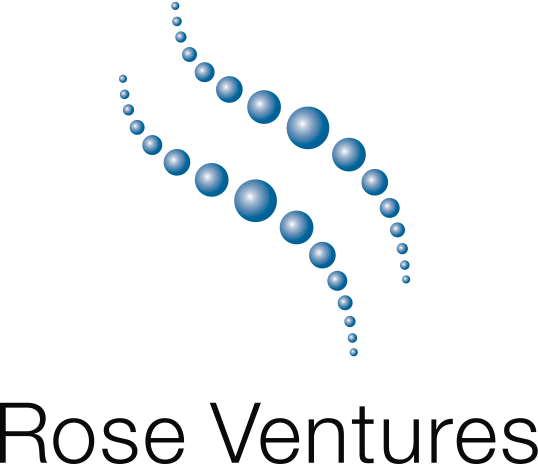Trust
Trust is an essential element to any successful relationship. That applies to personal friendships, choosing to participate in a startup, or investing in one.
Technology based businesses are inherently complex, often interdisciplinary, and challenging for any one individual to fully understand or adequately diligence. My radar always goes up when a founder talks about what they “can do”, and I subsequently discover they were speaking in an aspirational sense. It’s what they “believe” they can do, not what they’ve already demonstrated, and this is a tell.
New ventures are challenging enough when everyone involved is being open and honest about the situation at hand. They all carry risk in execution, not the least of which comes from the occurrence of inevitable unexpected events that nobody could have predicted. How we are prepared to respond in the face of such situations often determines the difference between success and failure.
Given this state of affairs, decisions often come down to a matter of trust. With Elizabeth Holmes set to begin serving jail time in a week or so, it’s a good time to reflect on how important trust, honesty and integrity are to any business. In this context, I was pleased to see this recent assessment in the New York Times titled “The End of Faking it In Silicon Valley (https://www.nytimes.com/2023/04/15/business/silicon-valley-fraud.html). To quote from that article,
“Faking it is over. That’s the feeling in Silicon Valley, along with some schadenfreude and a pinch of paranoia.
Not only has funding dried up for cash-burning start-ups over the last year, but now, fraud is also in the air, as investors scrutinize start-up claims more closely and a tech downturn reveals who has been taking the industry’s “fake it till you make it” ethos too far.”
A bit further on we come to the matter of trust:
“Mr. Lin explained at the start-up event that venture capital industry was ultimately a business based on trust. “Because if you don’t trust the founders that you work with,” he said, “why would you ever invest in them?”
With so much focus on artificial intelligence (AI) these days there is increasing scrutiny on everything one reads or sees in any digital format, and whether it is “real” of created by an algorithm. There is a major issue of trust emerging. Over the past few years we’ve already seen entrepreneurs get very good at preparing pitch presentations that appear faultless, as if they were sure thing investments (or opportunities to devote one’s time to). AI has the potential to make this problem even worse. I don’t mean to imply that there are no benefits of AI, but I remain solidly skeptical that the benefits will outweigh the risks, and similarly skeptical that sufficient regulation and safeguards can be put in place in time to prevent some disastrous consequences. I suppose we shall see.
In the meantime, as I look at opportunities, I keep coming back to a set of basic questions I consider for every venture. What’s the product? Who’s the customer? Why do they care? Is it real? Can we win? So what? Is the market big and growing? Can we capture a reasonable share in an acceptable timeframe? Do I understand the customers and their motivations? What are the major milestones for de-risking or adding value? Are there key metrics I can follow that indicate success, and what is the roadmap to value creation? Etc.
I review the financial opportunity, and the terms of the offering, and consider whether there is an opportunity to raise sufficient funds over time at acceptable valuation. Perhaps most importantly, I try to assess the people involved based on their documented accomplishments and capabilities as well as my subjective sense of trust. Can I trust these folks?
A few years ago I read an opinion piece in the Washington Post written by George Schultz on his 100th birthday (https://www.washingtonpost.com/opinions/2020/12/11/10-most-important-things-ive-learned-about-trust-over-my-100-years/)
The topic was “trust”, and the wisdom he shared that sticks with me is as follows:
“Dec. 13 marks my turning 100 years young. I’ve learned much over that time, but looking back, I’m struck that there is one lesson I learned early and then relearned over and over: Trust is the coin of the realm. When trust was in the room, whatever room that was — the family room, the schoolroom, the locker room, the office room, the government room or the military room — good things happened. When trust was not in the room, good things did not happen. Everything else is details.”
